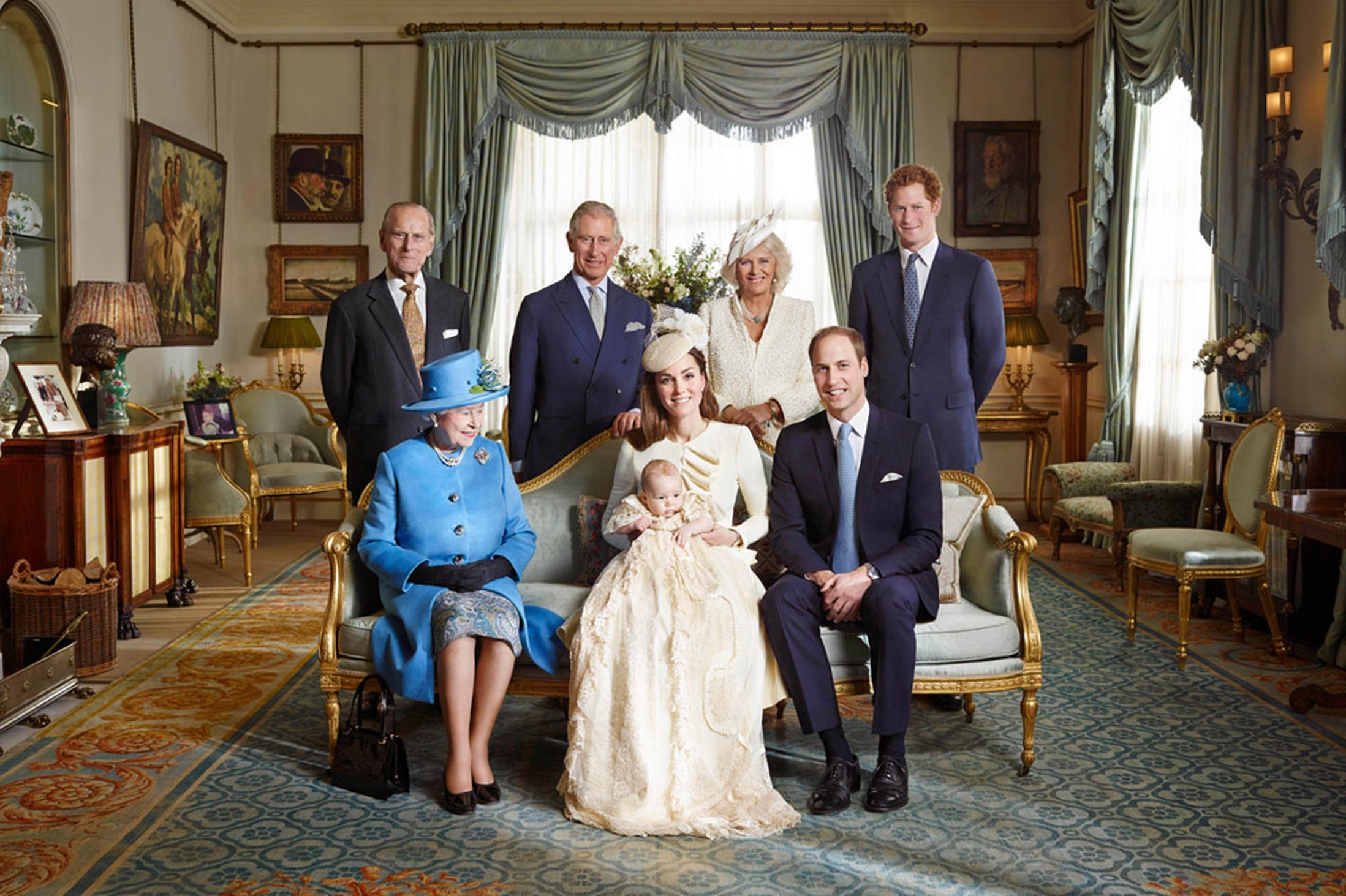‘Guys don’t worry, the royals don’t have REAL power, they just bring in money from tourism – oh wait…’ That was the sarcastic post put up by my socialist friend on Facebook late last month. He was referring to the Queen’s backing of PM Boris Johnson’s proposal to suspend parliament. It certainly came as a surprise to many that the Queen had wielded such controversial power, but my question is – should it have?
The Speaker of the House John Bercow was noted as saying the decision would cause ‘constitutional outrage’. This may be seen as an interesting comment considering Bercow himself has not always ‘stayed within his lane’, and he isn’t entirely accurate in his sentiments. Yes, it is problematic that an unelected Prime Minister suspended Parliament by using an unelected head of state. But, as the Leader of the House, Jacob Rees-Mogg rightly noted the decision by the Queen to allow prorogation was a ‘completely constitutional procedure’.
The Queen was simply using her prerogative powers and setting political disagreements to one side; one cannot deny that the Queen’s actions are legal.
While the Queen can disregard the will of the people as determined by parliament, no monarch has actually refused parliament’s wishes for 300 years. Near silent on political matters, she appoints prime ministers who win elections and signs-in laws that pass in the Commons without argument.
It is this attitude that has created a sort of passive acceptance of the royal role in everyday Britain. Times Journalist Matthew Parris suggested in 2014 that Britons today are not monarchists, but rather ‘Elizabethists’. In fact, I would go as far as to say that it is not the Queen souring public opinion of the monarchy, but her offspring and their offspring in turn.
Like it or not, the Royals are not your average Joe Bloggs. They rub shoulders with top socialites and celebrities, and definitely don’t feel the pinch of austerity quite like the rest of us. In recent weeks Prince Andrew has been in the news for his relationship with convicted sex offender Jeffrey Epstein. While it remains to be seen what will come of the accusations, photographic evidence makes it plainly clear that Andrew did not deem the reveal of Epstein’s crimes as a necessary reason to stop frequenting his house.
Buckingham palace’s statement from 2015 in support of Andrew recently resurfaced and reads: “It is emphatically denied that the Duke of York had any form of sexual contact or relationship with [Giuffre]. The allegations made are false and without any foundation”.
BBC Royal Correspondent Jonny Dymond put it best when he wrote: “Strong though the palace statement may be, it fails to answer the central question: What was Prince Andrew doing visiting the house of a convicted paedophile?”
Less salacious in nature, Prince Harry and wife Meghan also spend their time in a state of royal pseudo-celebrity. They represent a new age of rich, out of touch environmentalism.
Denying the tourism boost would be obtuse (when his brother William tied the knot in 2011 the Telegraph reported they generated a £2 billion boost to the economy, and Harry’s wedding likely did the same).
However, whatever gratitude that boost was supposed to generate in the public has quickly disintegrated since the announcement of the £2.4 million renovations that took place on their ‘cottage’ earlier this year. The discovery that Meghan and Harry’s travel is at least three times the annual carbon footprint of the average Briton caused further outrage – hardly the actions of enlightened environmentalists.
All things considered, it appears that anti-royal sentiment is back in fashion, but it remains to be seen how the royals will weather it. Diana’s demise was dealt with; can our cultural ‘Elizabethism’ survive long enough shield the younger members of the family from the kind of scrutiny other celebrities and socialites suffer? I am not so sure, but I do know that cultural ‘Charlesism’ seems like the epitome of the phrase ‘failure to launch’.
Image Credit: E! News

